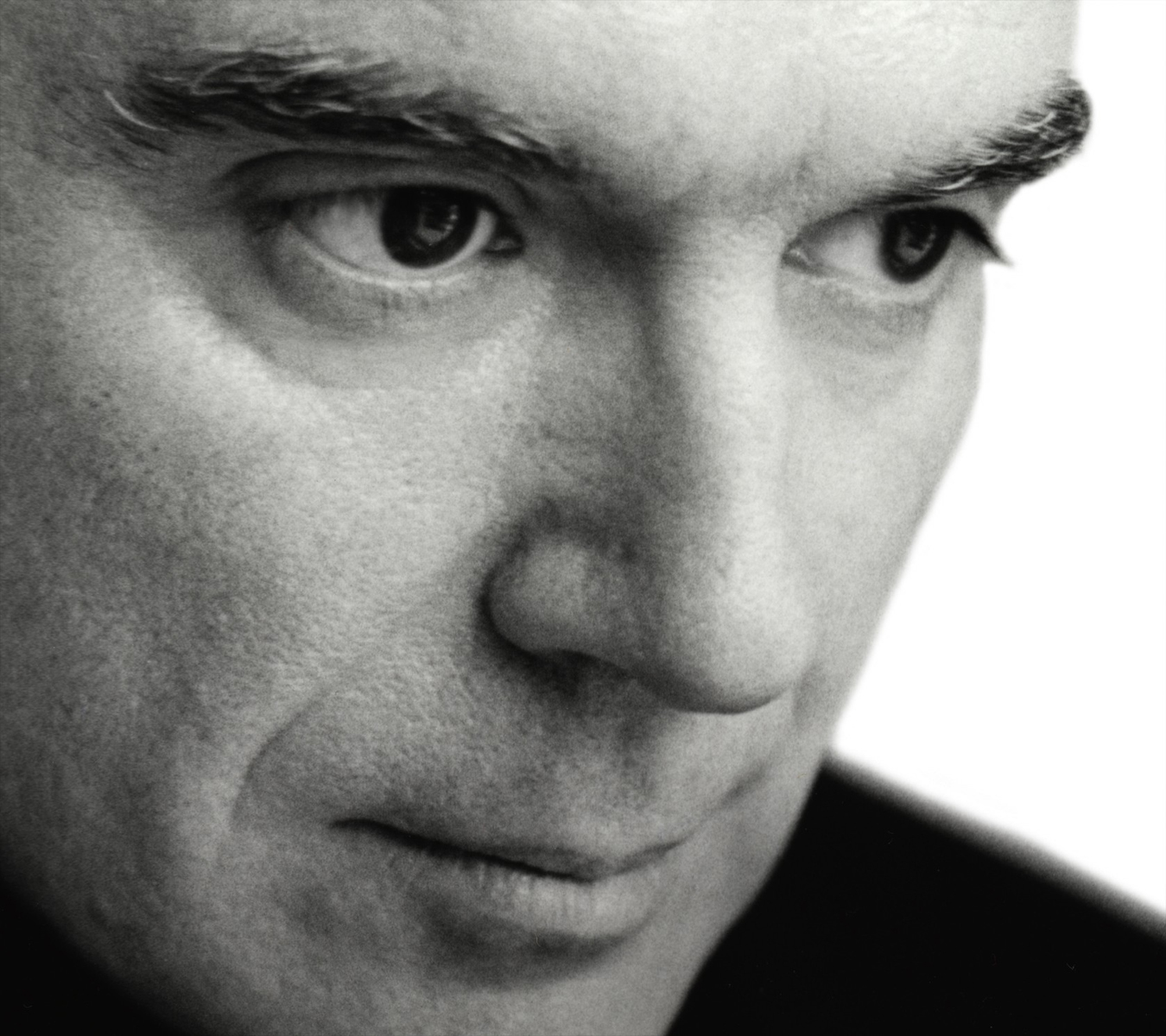
Einer der grossen Helden der Pop-Musik – und einer ihrer grossen Intellektuellen – nämlich David Byrne (Talking Heads), schreibt ein erstaunliches Blog. Ich entnehme seiner Ausgabe vom 20. November diese Stelle über die menschliche Neigung zur Religion, die mich frappiert hat. Ich würde sie gerne übersetzen, aber mir fehlt die Zeit:
…
This is why intelligent people can be religious. That’s an arrogant statement — it presumes that religion and intelligence are incompatible, that anyone with any sense wouldn’t believe in unproven supernatural faith-based scenarios. But of course that is not the case. I personally might believe (believe!) that many religious beliefs are irrational and verge on lunacy — but I can both see their efficacy — their attraction and usefulness — and sense their beauty. One does not have to be a Catholic to stand in awe of the Sistine Chapel ceiling; be Muslim to hear the lure of the soulful cry of the muezzin and sense the power of the mass dance of the faithful in prayer; be Hindu or Jewish to read and enjoy a text that is often chock full of amazing and surprising metaphors and analogies. These dances, music, images, metaphors are, I sense, deep-rooted — they are like the neural propensities for grammatical structures that Chomsky goes on about — and are therefore similarly genetically inheritable. The dance that is religion has evolved within us, to be released and expressed in a thousand different forms, none of which make logical sense, and all of which, if looked at literally, require a large helping of denial. God is in the wiring, bequeathed by the genes.
To me, this is why the current (tiny) wave of atheism — the recent books by Dawkins, Dennett and Harris, for example — are also in denial. They deny that this propensity for people to believe is innate. Yes, they admit that religion offers many comforts and assurances, security and community — very attractive and seductive — but they stop short at admitting that we are genetically predisposed to believe, that it is in our very nature, a part of what it means to be human. Maybe an illogical part, but that all our innate evolved characteristics are not practical forever (context changes, the world changes) or even rational, from some points of view (does the peacock’s tail have to be THAT big? Isn’t all that just a wee bit of a wasteful allocation of resources?)
Rationalism can never win on pure sense and logic alone. Granted, religions are regularly used to justify horrors and despicable behavior, throughout history and this will never change — and rational thinking tells us these kinds of beliefs need to be wiped out — judged from the POV of the society or world at large at least these religiously justified behaviors are simply evil, counter to the survival of the species and commonly accepted morals — and in those cases maybe yes, religion needs to be smacked down. But what if the benign effects of religion are intimately tied to the dark side? What if you can’t have the good without the bad? What if the shared sense of community, for example, is tied to the belief that God has given this community a personal mandate, a moral rightness above all others? Is it even possible to mold and deconstruct the religious impulse so that only the socially and personally beneficial effects result?